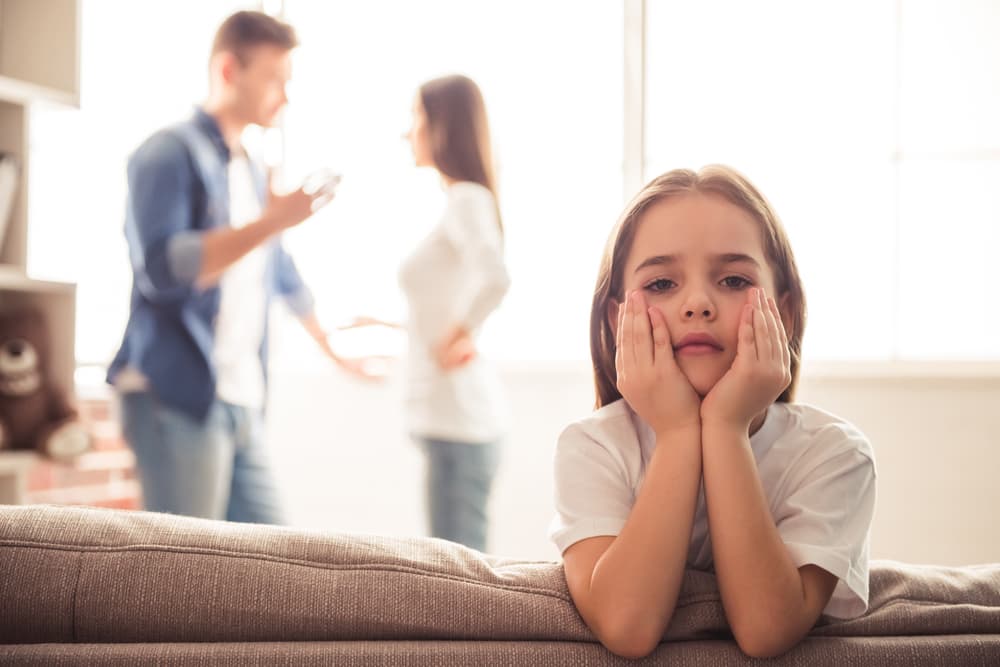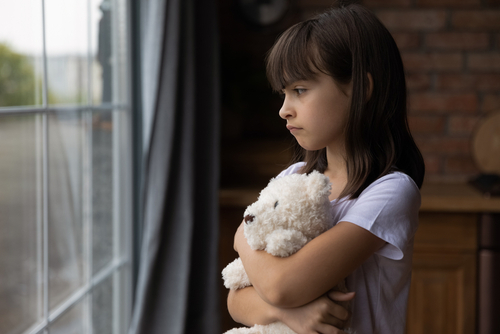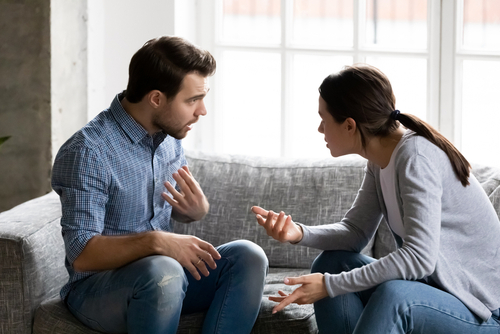A link between adverse childhood experiences and various physical, emotional, and mental health challenges in adulthood was established long ago and is well documented. Childhood adversity is generally linked to multiple difficulties in adult life, even when it’s not as severe as emotional and physical abuse or neglect. One such example is parental separation. Studies show that children of divorced parents are more likely to suffer from mental health issues like anxiety and depression. However, recovery from divorce trauma is attainable.
Since children lack the capacity to deal rationally with difficult emotions and develop healthy coping mechanisms, it’s up to parents to make their separation transpire as smoothly as possible. Allowing the child to witness verbal or physical violence or be pushed aside can make them feel unimportant, abandoned, rejected, or even blame themselves for the separation. Keeping a level head when you’re going through such an emotionally turbulent time yourself might seem impossible, but establishing some basic rules with your partner could help ease the transition.
Does Parental Separation Affect The Relationships Of Your Children?
Our adult relationships are influenced by a large number of distinct factors, both internal and external. For example, depending on the circumstances, parental separation might be devastating for one child, while another, living in an unstable home environment, might feel relieved to have the constant verbal or physical violence finally stop. Therefore, in some cases, the separation itself may not be as crucial if that type of relationship was presented to the child as ‘normal’ or usual. The influence of each parent as a role model is also significant.
Despite many links between parental separation and dysfunctional adult relationships of their children, many of those children manage to form meaningful and stable relationships as adults. This might depend on the nature of the separation or divorce and the type of relationship parents continue to have after. The emotional hardship and stress children experience could also stem from trying to please both parents, which can significantly influence their future ideas about love, relationships, and marriage.
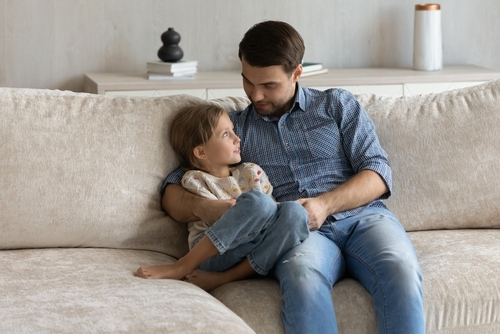
How Can Your Separation Affect Your Children’s Future Relationships?
Despite every marriage and separation being different, some of its effects can be harmful in most cases, and they usually involve the child’s inability to cope with the emotions, as well as the influence on theattachment patterns they would form in adulthood. Results of the research into the link between attachment patterns and lower oxytocin levels contributed to the ever-growing body of evidence that connects childhood adversity with various adult life difficulties.
Parents’ separation or divorce is considered one of the adverse childhood experiences, and research suggests that it can predict the likelihood of mental health issues. For example, one study used oxytocin levels to predict the influence of parental divorce on an individual’s adult relationship and behavior patterns. Oxytocin is a hormone that plays a crucial role in parent-infant bonding, particularly during and after childbirth. It also affects other aspects of human behavior, like trust and romantic attachment.
The study presumed that oxytocin output gets altered by a perceived lack of parental care and the dissolution of parental bonds. It found lower oxytocin levels in people whose parents were separated or divorced during their childhood. The same research found that the same individuals are less comfortable with intimacy and closeness and prone to isolation from others – even through they craved it. Their attachment styles were also described as “less secure” compared to participants whose parents stayed together.
Children of divorced parents were more likely to describe their parents as less caring or indifferent and exhibit:
- Trust issues.
- Avoiding marriage, choosing cohabitation instead of marriage, out of fear that it won’t last.
- Indifference or insensibility towards divorce; growing up with the idea that divorce is inevitable.
- Not expecting to marry.
- Higher chances of getting divorced:
- Lower quality of marriage.
- Recognizing parental behavior patterns in their own relationships.
- Afraid of repeating the same mistakes.
How Can Parents Help Children Cope With Separation Or Divorce?
The negative influence of a divorce is not the same for all children, and even though it poses considerable risks, harmful outcomes can be avoided. Since children experience their parents’ separation very intensely, parents can do their best to reduce the risks. Some of the factors are entirely within their control:
- The nature of conflict, duration, and presence of hostility.
- The overall quality of parenting before and after separation.
- The quality of the relationship between the parent and the child.
Parents can positively affect their children even during divorce if they’re in a position to manage the separation and their behavior in a controlled manner. This can be quite difficult for some parents as they might be going through a challenging time themselves. Many factors may seem out of control. Over disclosing details about the divorce, emeshing emotions with the child – usually from the parent who did not decide to end the marriage, and continued fighting amongst the adults creates more trauma and drama.
Sometimes protecting the child from conflict is not always possible, depending on the stability of the household and each parent individually. This is particularly evident in abusive marriages. Additionally, socioeconomic factors can prevent adequate monitoring of the child’s activities, and parents might not be fully aware of the child’s feelings and thoughts.
However, when it comes to marriage separation advice, one of the crucial ways to reassure a child is to affirm their love for them constantly. If children are too young for conversation, love can be expressed through physical gestures like hugs, attention, and spending time with them. This will show them they’re not being pushed aside, abandoned, or disregarded.
One way to ensure you’re not neglecting your child’s needs is by creating routines for activities they enjoy. You can also pay particular attention to verbal and nonverbal cues, so you don’t miss your child’s attempts to express their feelings and provide them with comfort when needed.
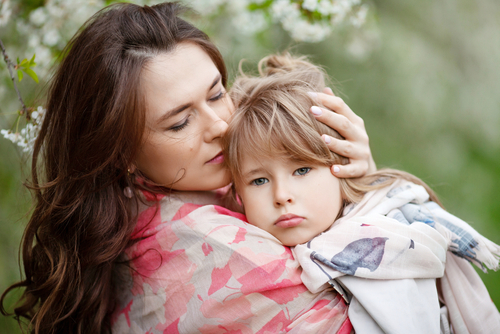
PIVOT Can Help You Protect Yourself And Your Children From Divorce Trauma
Going through a divorce might feel like your whole world is falling apart, and you don’t know how to escape the chaos. Divorce is one of those “putting your own oxygen mask first” situations if you have children. You need to take care of yourself to be able to take care of your child. Unfortunately, there are no magical solutions or universal marriage separation advice. Loving yourself during a divorce may seem impossible, but loving your child comes naturally without hesitation.
What might be challenging is remembering that loving your child and showing it means loving yourself. Being a good role model has nothing to do with divorce. The best role model for your child is a strong, independent, self-sufficient, and, most importantly, happy parent. You can find that person within yourself with guidance and support from our experienced relationship advocates. Alternatively, stepping away from the negativity for a few days may help you find that inner strength in the safe environment of our Glass House retreats.
